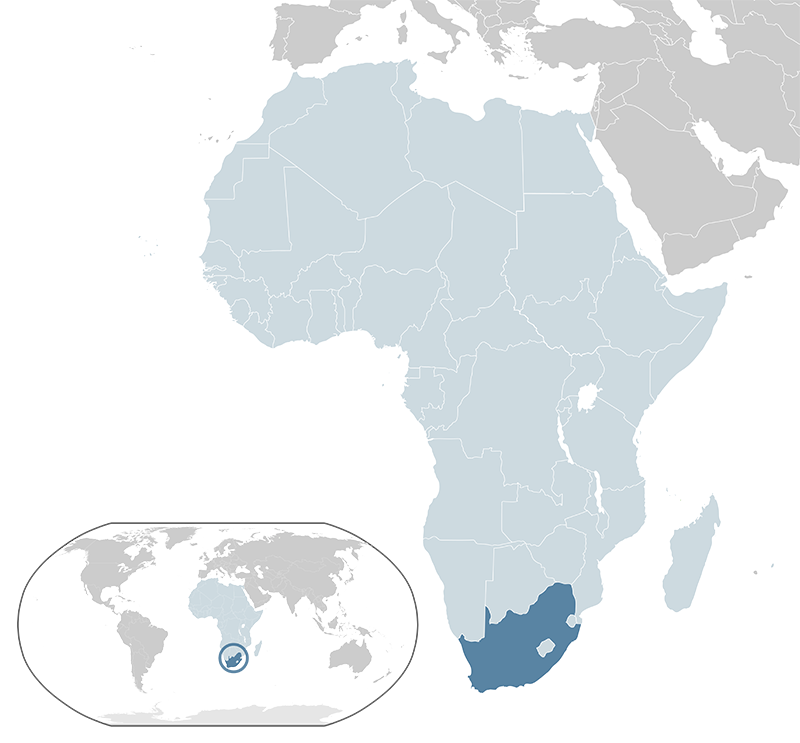
- Population:
- 64,007,000
- Religion:
- Christianity
South Africa has a complex history, with early indigenous groups such as the San and Bantu-speaking peoples. European colonization began with the Dutch in 1652, followed by British rule. It became an independent nation in 1910 but was dominated by the apartheid system from 1948 until its abolition in 1994. Since then, South Africa has developed into Africa’s most industrialized economy, though it continues to face social and economic challenges.
South Africa, officially the Republic of South Africa (RSA), is the southernmost country in Africa. It shares borders with Namibia, Botswana, Zimbabwe, Mozambique, Eswatini, and surrounds the enclave country of Lesotho. Covering an area of approximately 1.22 million square kilometers, it has a population of about 60 million people as of 2023. The country has three capital cities: Pretoria (administrative), Bloemfontein (judicial), and Cape Town (legislative), with Johannesburg being the largest city. South Africa recognizes 11 official languages, including Zulu, Xhosa, Afrikaans, and English. The nation operates as a parliamentary republic. The economy is the most industrialized in Africa, with key sectors including mining, manufacturing, agriculture, and services. South Africa is known for its diverse cultures, languages, and religions, earning it the nickname "Rainbow Nation". The country is a member of international organizations such as the United Nations, the African Union, and the Southern African Development Community.






